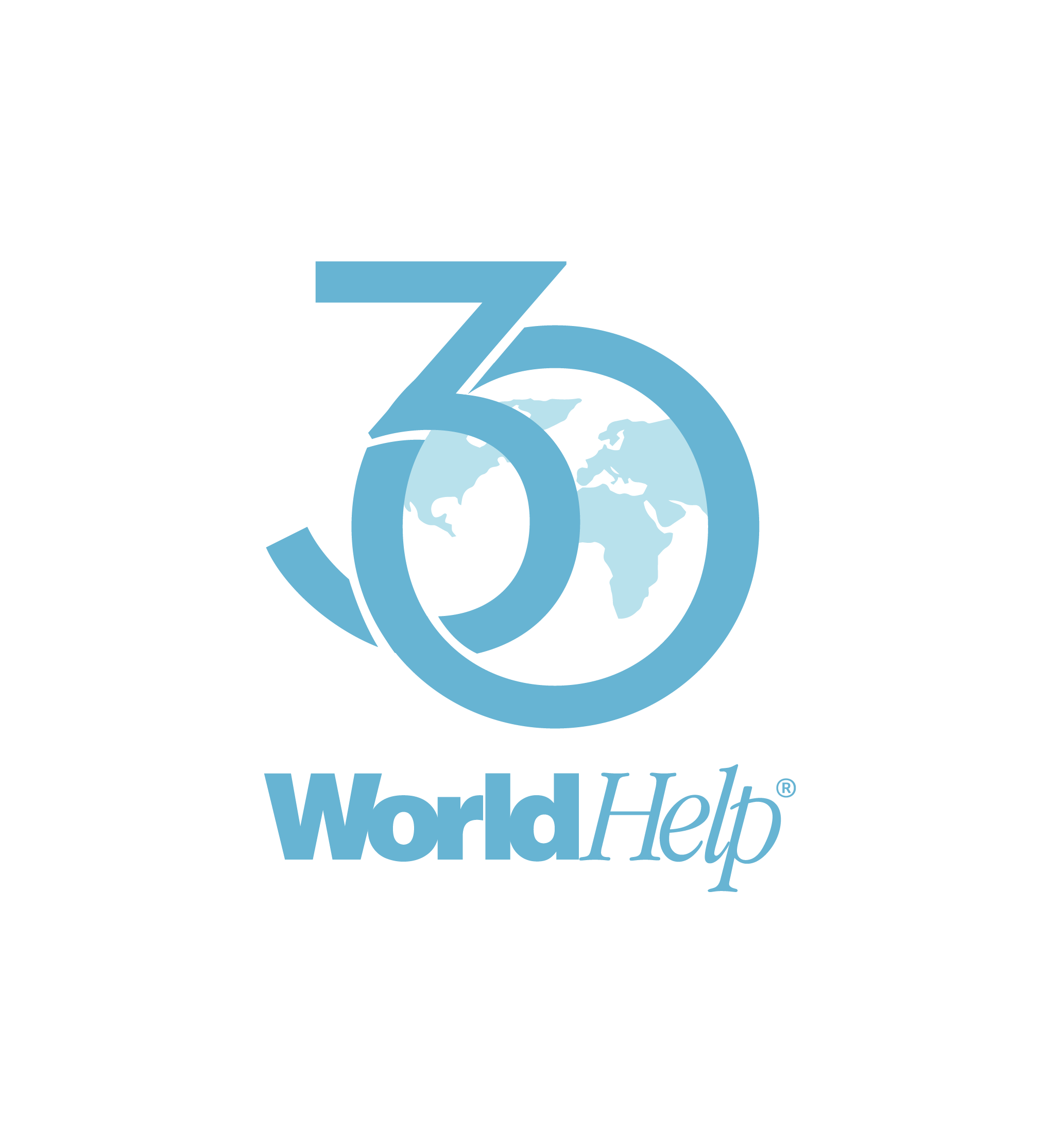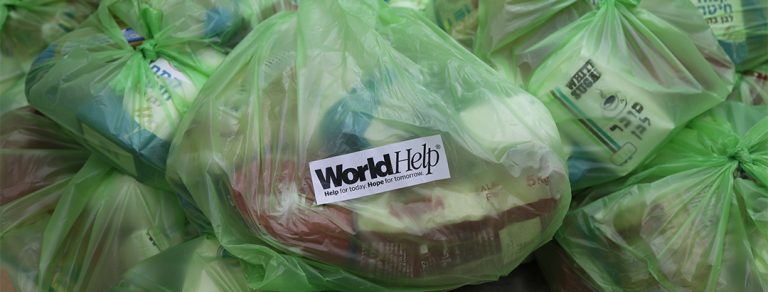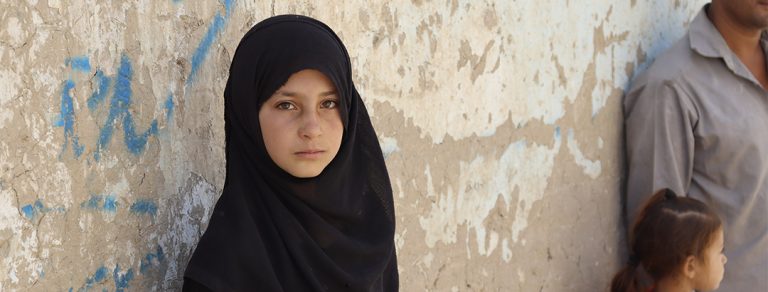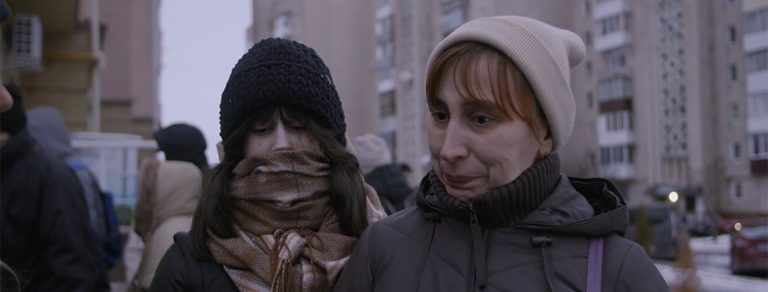It was a normal day in Beirut, Lebanon, when one of the staff members at our partner’s preschool stepped into an elevator at 6:07 p.m. Suddenly the power went out. The elevator stopped and went dark. The building shook. Then, she heard a horrible sound.
Click the video below to hear her account of the Beirut explosion and listen to a Zoom conversation about how our partners are responding to the crisis — and how you can help.
Finally, the shaking and noise stopped. The power came back on. And the doors of the elevator slid open, revealing an apocalyptic version of the floor the teacher had left just moments before. Shattered glass littered everything, and there was a gaping hole in the floor.
“I was sure that God was protecting me inside the elevator,” she said.
In the aftermath of the deadly blast, thousands of Lebanese families are struggling to recover. As many as 300,000 people have been left homeless … and with the Lebanese economy in shambles, most people have no idea when they’ll be able to start repairs on their homes. Right now, they’re just trying to afford their next meal.
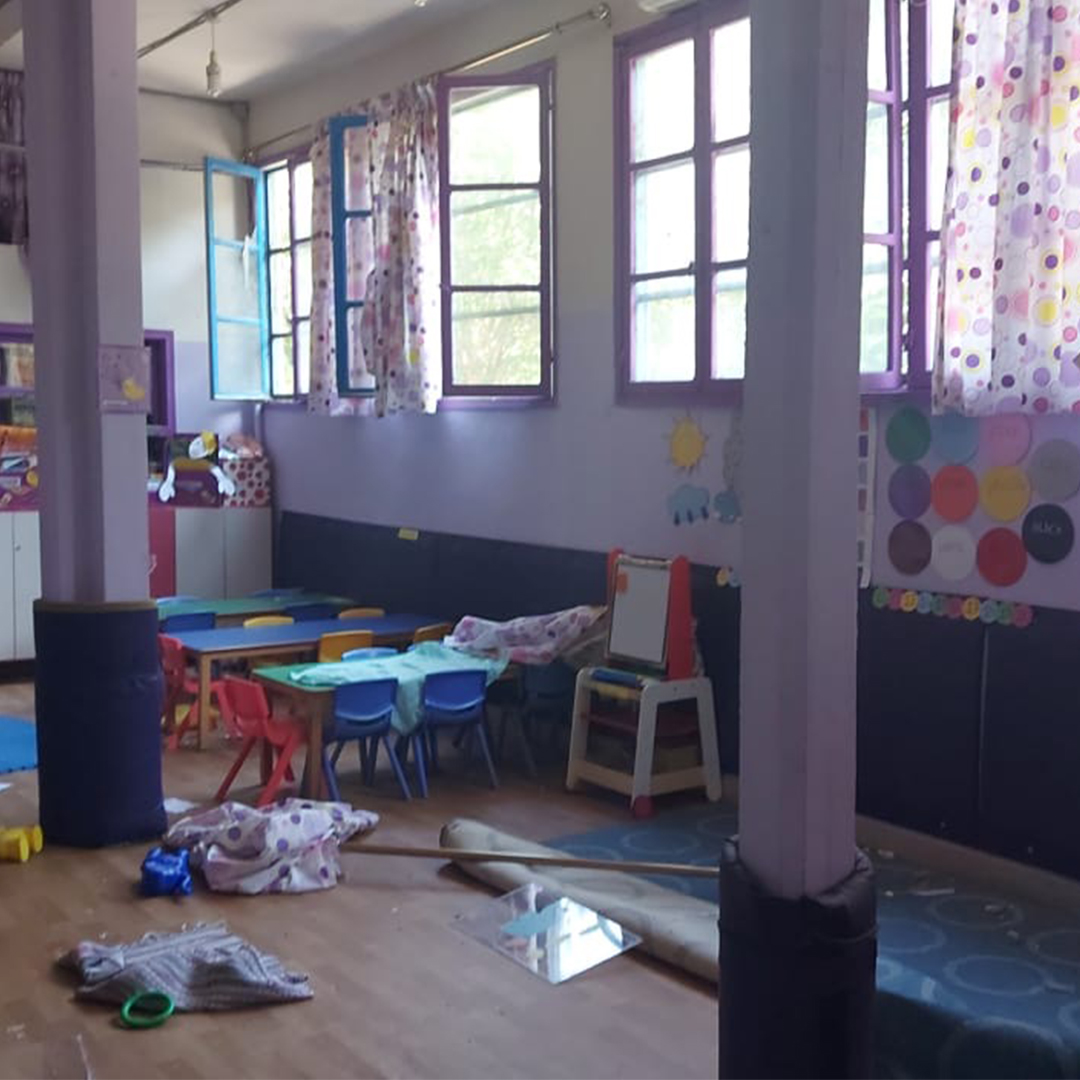
The preschool run by our partners is just two miles away from where the explosion happened. The staff will eventually be able to pick up the pieces and safely reopen the center … but many families throughout Beirut aren’t as fortunate.
“For the average person to repair even minor damage to their house, it’s going to cost them months of their salaries,” one of our partners said.
That’s because even before the blast — and even before the pandemic — Lebanon was already in a downward economic spiral.
The value of the country’s currency plummeted, and prices skyrocketed. Our partners offered this example to explain just how dire the situation truly is:
“If a domestic worker wants to buy milk for her child today, one [container] of milk costs 70,000 lira. And if she cleans, she earns 10,000 lira per hour if she’s well-paid, which means she needs to work seven consecutive hours as a cleaner to provide one [container] of milk for her child. The same for diapers. The prices are crazy.”
The young mom in this example would most likely have extreme difficulty finding any work at all since few people are willing to welcome a housekeeper into their home during a pandemic.
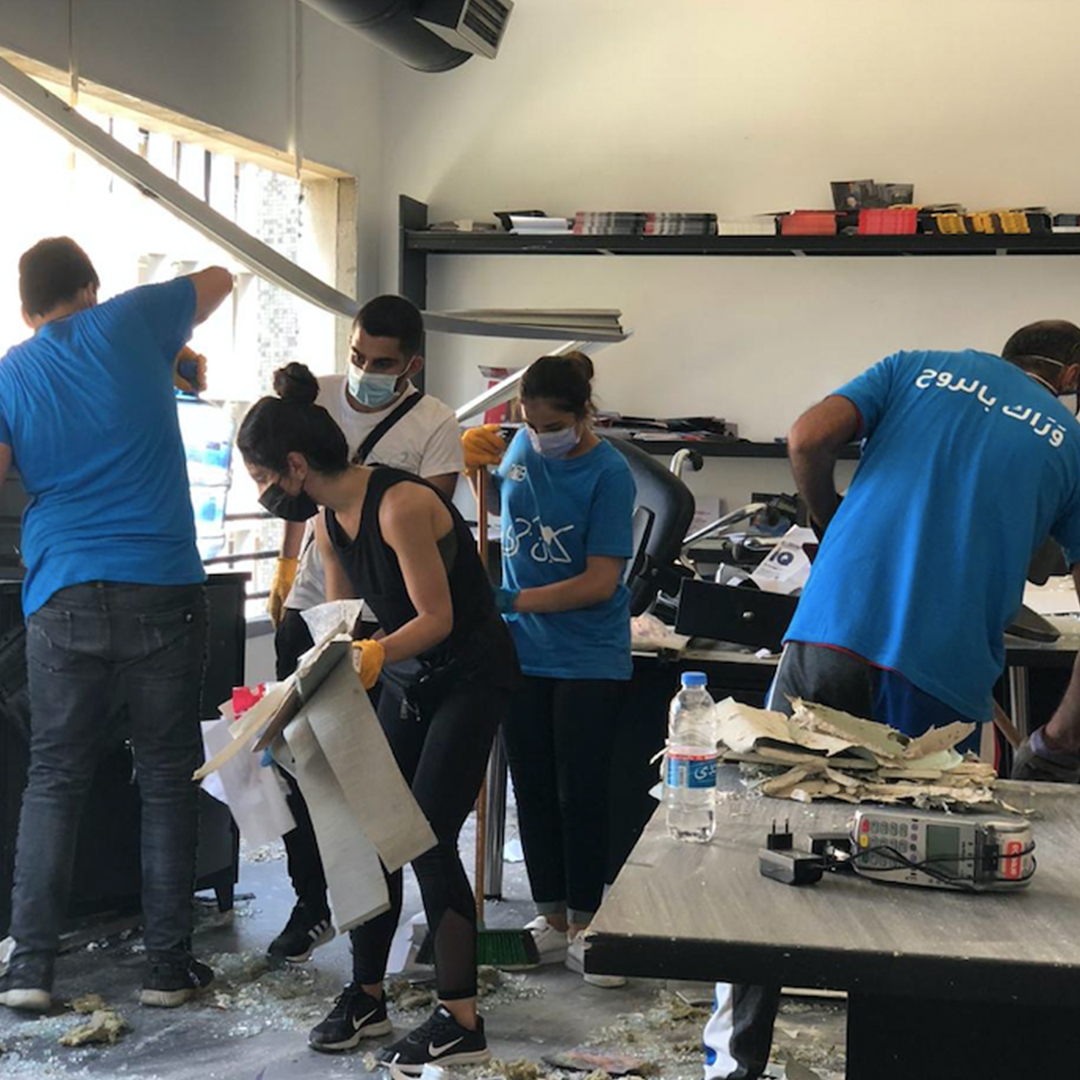
Can you imagine how scary it must be right now? Families in Beirut are close to starving … on top of dealing with the destruction caused by the explosion. The overturned cars. The demolished buildings. The hospitals overflowing with injured victims.
“Beirut will not recover any time soon,” our partner admitted. “The city is grieving and mourning the loss of what it once was.”
Will you help put someone on the road to recovery today?
All it takes is $50 to provide lifesaving aid like food, home repairs, and medical care to someone in desperate need. When you give, you’ll not only provide physical help, but you’ll also share the love of Christ to someone who has lost all hope.
Recent stories on our blog
Check Out Your Lifesaving Impact Worldwide!
A lot can happen in 30 days. Every month, the World Help . . .
What It’s Really Like to Be a Woman in Afghanistan
Damsa is only 16 years old. If she lived anywhere else in the . . .
Winter — The Silent Killer in Ukraine No One Is Talking About
When you hear about the Ukrainian refugee crisis, you probably . . .




